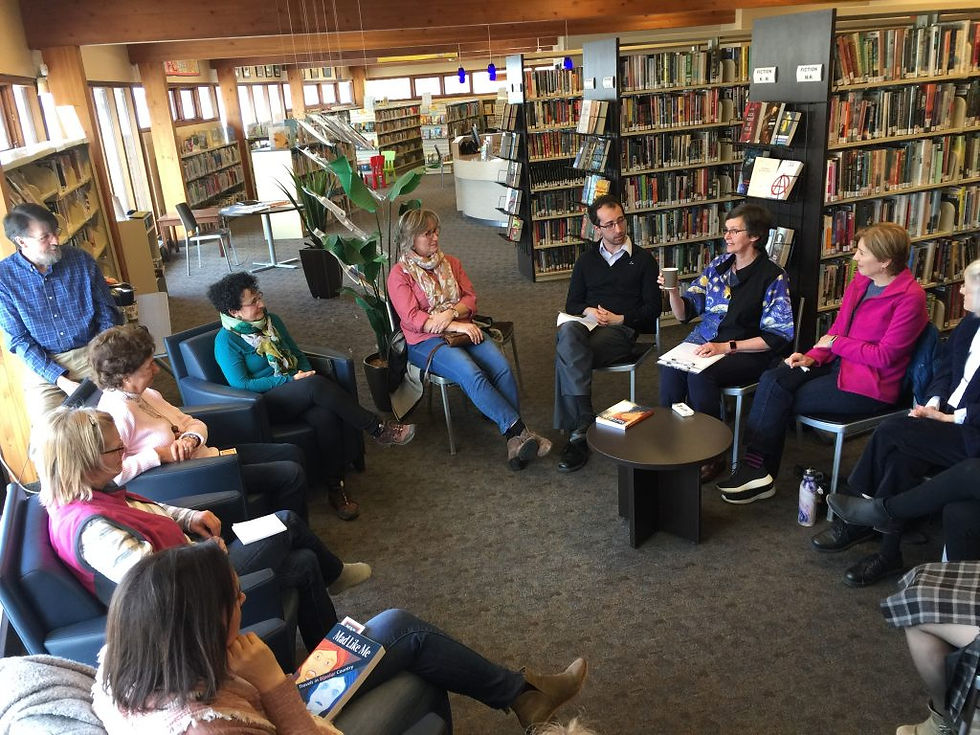Happy World Bipolar Day!
- Merryl Hammond
- Mar 30, 2019
- 2 min read
Updated: Sep 22, 2020

Time to get educated
March 30 is World Bipolar Day! Do you know someone struggling with bipolar disorder? Ever wondered what it must feel like to experience the wild mood swings of (hypo)mania and depression? Do you know the difference between bipolar Type 1 and Type 2? Now’s a perfect time to educate yourself. All around the world, mental health organizations are marking World Bipolar Day.
Prevalence of bipolar
Did you know: studies put the lifetime prevalence rate of bipolar in Canada at 2.2%. This means that about 500,000 Canadians experience bipolar at some point in their lives. That’s huge! Yet most people are still surprisingly ignorant about the disorder. Many have never even heard of it; others know nothing except that bipolar used to be called manic depression…
Mad Like Me
I’m a nurse with a PhD in public health, diagnosed with bipolar in 2008 at age 51. After two chaotic years that included two psychiatric hospitalizations, I was finally stabilized and could return to work. I chronicle my story in vivid detail in my memoir, Mad Like Me: Travels in Bipolar Country (2018).
People often ask why I used the controversial term “mad” in the book title. I say: Because I want to claim that label, that “status.” I suffered enough; I’ve earned the right to it! Now, I want to “own” my madness, and in so doing, boldly reject all the stigma historically associated with mental illness. I refuse to tip-toe around my disorder any longer. Yes, I have a mental illness. But I’m dealing with it. And I’m here today with a very clear message: the stigma surrounding mental illness is responsible for so much unnecessary suffering – even preventable death by suicide.
Help break the stigma
It’s time to start talking openly about bipolar and all other mental illnesses. I appeal to everyone who has a mental illness or who knows someone in that situation to ask: “What can I do to help end the stigma?” Owning the label “mad” may be one thing to consider. Once we accept the reality of our madness, we may be more willing to seek help. Lifesaving help. I speak both as a health professional and as someone who lives with bipolar. The battle for dignity, respect and acceptance for people with bipolar – and all mental illnesses – is not over; not by any means. I wrote Mad Like Me to encourage debate and fight stigma.
What will you do?
World Bipolar Day is a perfect opportunity for people on all points of the mental health spectrum to pause, reflect, and plan concrete steps they can take to make a difference in the lives of people with bipolar and their long-suffering family caregivers. What will you do?
Cheers,





Comments